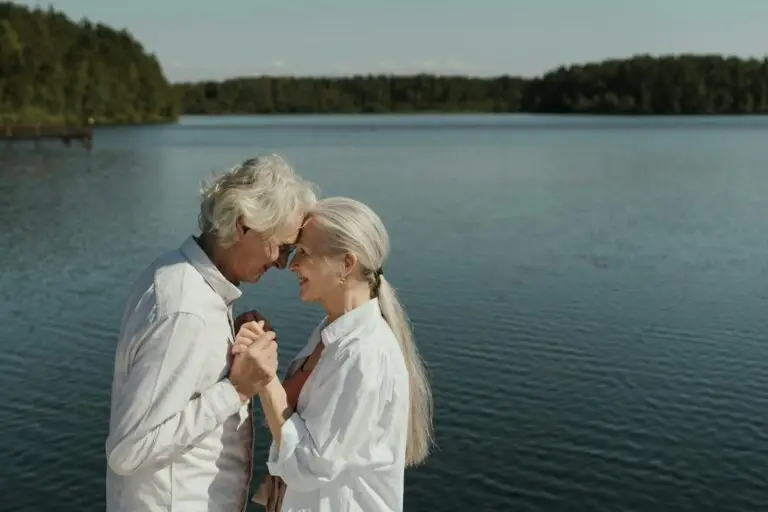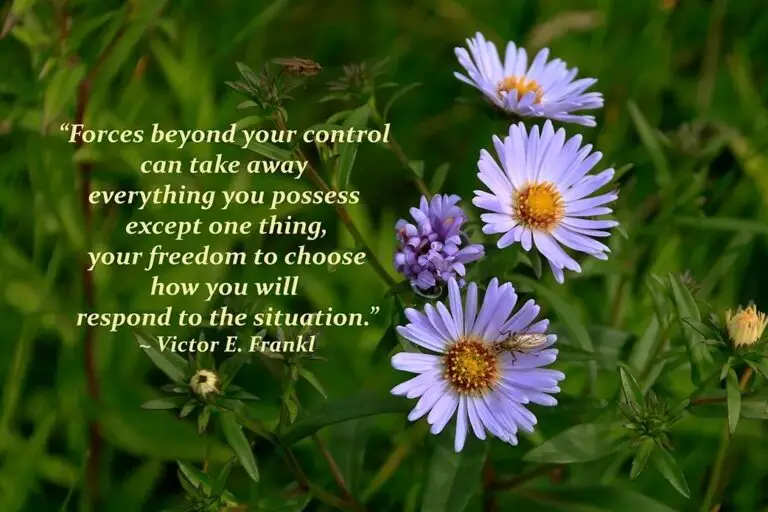
Dignity in Dementia; Embrace it and Counter Its Impact
I believe that there is dignity in dementia; its unpredictable progress and the expansive scope of its impact deserve respect. The world of dementia is complex, and the way one navigates these complexities can be a profound source of dignity. Whether it’s through providing compassionate care, maintaining respectful communication, or adapting to new realities with resilience, there is dignity in meeting these challenges with empathy, grace, and persistence.
Dementia is intellectually and emotionally complex, grappling with these difficult concepts, emotions, or decisions can be dignified when approached thoughtfully.
Dementia creates complex struggles, dignity can be found in the patience, compassion, and resilience shown while managing the intricate and overwhelming aspects of the condition.
Dementia consumes the individual, everyone living with dementia should be met with dignity, ensuring people are treated with respect and their humanity is preserved, no matter how convoluted their situations may be.
“Dementia, the cruel monster, empties the inside of people and leaves their exterior to slowly fade into oblivion, leaving the people around them heartbroken and slowly forgotten.”
This quote from the Alzheimer’s Society’s website is a typical reaction to dementia. While it is factually correct, I did not find it helpful. In my experience, the best defence against the ravages of dementia was to acknowledge its power and respect its modus operandi. Doing so allowed me to embrace what was coming and run interference with its progress, minimising its impact and improving Tina’s journey.

Dementia was clearly going to become my ultimate life challenge; my entire life thus far would be no more than preparation for what lay ahead. Tina needed me, and I would not fail her. But what could I do? Early on, I concluded that I could not simply stand by and accept the inevitability of the situation. I had to engage with dementia and its eccentric progression.
Dementia conforms to no rules, so in my view, the only choice was to accept that anything could happen at any time, without warning, and to face it head-on. Life had already taught me that I had the tenacity and skills needed to resolve complex situations, so I decided to only focus on what was in front of me, stay the course, and go wherever the disease took us.
I also became more aware of the life challenges faced by others. You do not need to go far from your own doorstep to find examples of people facing challenges at least as great and as tragic as yours. And, of course, if you look further afield, there are people suffering hardships we cannot even imagine. I began to use this awareness as a source of strength and perspective. As challenging as my life was going to become, it would be nothing unique. People everywhere endure adversity; I suppose it is the cost of living.
If you do not embrace dementia and willingly walk its path, you risk being like a rabbit caught in the headlights when the unexpected happens—and you know the unexpected will keep happening. When I learnt to fly, I also learnt to be as prepared as possible for the expected, even overly so. Then, when the unexpected occurs, you have the time and capacity to deal with it.
I tried to be as proactive as I could and prepare for potential future outcomes and requirements as early as possible. Dealing with organisations usually takes longer than expected, and dementia can cause sudden changes of course. A good real-life example was when Tina needed to move into a residential care home. I suddenly started experiencing anxiety attacks and needed to find help or move her quickly.
Tina went to a residential care home, which I had previously chosen, for a few weeks of respite care, funded by an equity release facility that I had previously put in place. She had her care needs assessment, which I had requested four months earlier, on the morning she went in, and her care package was agreed by social services on the day her respite care ended. She stayed in the home I had selected because I knew the social services processes, my rights, and their rules, and I was able to challenge their preferred placements for Tina.
In this instance, being prepared for the expected when the unexpected hit resulted in Tina spending her last and most devastating years in a place I chose, which also turned out to be the most caring and compassionate environment I could ever imagine.
At every stage of a person’s dementia journey, it is extremely difficult to determine which of their cognitive functions are affected by the disease and to what extent. Buried in that simple statement is the most challenging practical aspect of providing care and, in my view, the most important.
In Tina’s case, which I think is typical, it was impossible to fully assess the impact of the disease at any given time. Of course, in the early stages, there were the more obvious signs, such as memory lapses or getting lost, but in day-to-day interactions, there was nothing noticeable. Tina appeared quite normal, and she needed life to remain as normal as possible. Paradoxically, she also needed me to protect her from situations where she struggled. Situations where she struggled to perform caused her stress; the effort exhausted her, and, of course, they reminded her of her cruel affliction.
It took time, and it came as a shock, but I eventually realised that at every stage, Tina’s decline was far more significant than was obvious, even to the most attentive onlooker. She needed much more effort to get through the day than I had imagined. A good example of this was decision-making. Tina found making decisions impossible and would respond to questions with seemingly normal replies like, “I don’t mind… you decide,” which made it easy to overlook her challenge. How many times a day do we ask simple questions of one another? How much unnecessary stress was I creating by being nice?
As time went on, I developed some level of skill in identifying Tina’s debilitating areas—or perhaps I became better at tuning into her needs—but either way, had I not tried to embrace the situation, I would have remained ignorant, and Tina would have suffered as a result. In the end, the world you and I share became unimportant to me, as the only reality that mattered was the one I perceived Tina perceived. That transition was not only difficult and complex, but it was also ongoing.
A quick aside: Tina’s caregivers will feature frequently in my posts, as I admire them greatly and owe them so much, but Jess is my dementia champion and a real-world heroine.
When Tina went into her residential care home, Jess, the manager of the dementia unit, told me that she loved working with people living with dementia. She said, “We are privileged to walk their path with them,” meaning that we should join them on their journey, embrace that honour, and not judge them by how they behave in our accepted world. Now, that is a nugget of wisdom!
By that point, I was already doing something similar and felt privileged to be there for Tina. However, that simple piece of advice from Jess became the most profound I had ever encountered. While I had developed the ability to recognise Tina’s dementia path and worked to make it as easy as possible, Jess was advocating joining Tina on her path.
The impact was astonishing. Recognising that Tina had her own path—wildly different from any we would identify with but just as authentic and compelling—was invigorating. I no longer felt as if I was fighting a battle on Tina’s behalf but rather joining her on another one of our adventures. Interacting with Tina, especially during the later stages, became easier as we simply lived in her world. I can only liken it to young children playing—you just join in and challenge nothing.
At first, I found Jess’s claim to love working with a unit full of people living with dementia hard to accept, and the thought was quite daunting. But I was wrong! I soon realised that, as long as I was willing to walk their path with them, I enjoyed being in their company. We had some great times, and today, I miss spending time on the unit.

From the moment dementia takes hold, the endgame is set in stone, and even the disease itself is unaware of the path it will take to get there. You cannot beat it, alter its course, predict its impact, or prepare for it, and you certainly cannot imagine the challenges you will face. Dementia operates without rules; it is indiscriminate and uncompromising.
So was embracing dementia a successful defence? I am convinced that it was. Tina’s disease took over eight years to run its course. By embracing dementia together, six of those years were a near-normal life for Tina, with only the final two years becoming too challenging for us to handle alone. Even in those darker days, she experienced beautiful moments; just ask any of her caregivers about how her smile brightened their day.
I found caring for Tina heartbreaking, complex, and stressful. However, with a positive approach and good support, I also found it heartwarming, rewarding, and invigorating. It was an epic journey of normal days mixed with highs and lows of colossal magnitude. Despite the succession of tragic events and the fatal outcome, it was the richest period of my life in terms of learning what truly mattered and achieving something significant. Not failing her is my proudest achievement. Could I have done that if I hadn’t respected dementia and embraced it? I think not.
It is also possible that the emotional energy I saved by not ruminating on the injustice of Tina’s dementia, not fixating on the harm inflicted by the monster, and not worrying about what might happen saved me from despair. I like to believe, however, that it empowered me to be there for Tina just that little bit more.

Did you like this post? Please leave a comment or share it. It helps to promote the blog so others can find it.
